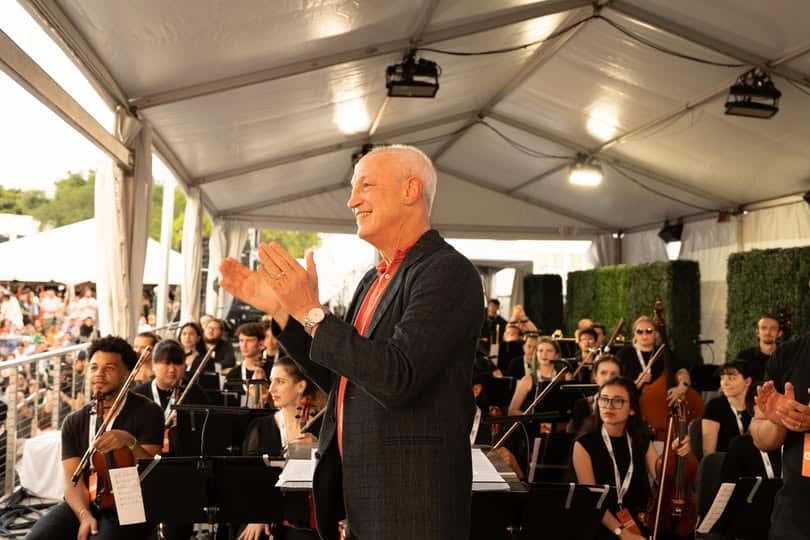Cate Blanchett: Classical music is so insular and hierarchical
NewsThe Australian actor, promoting her film Tar, has given a fascinating interview to Erica Worth, editor of Pianist magazine (pictured)
In it Cate says: ‘The music world is so insular and hierarchical. I knew I had to get to a point where you didn’t need to be from, or live inside, the classical music world in order to know what the character was talking about.’
The scriptwriter Todd Field acknowledges many hours of help from conductors John Mauceri and Marin Alsop. So, not totally insular.
UPDATE: Marin Alsop says she had no contact with Todd Field or the film-makers.
Blanchett goes on to express gratitude to Emese Virag of Budapest’s Liszt Academy, who taught her to play Bach. ‘Emese would play, and then I’d ask, “How would you play it like this person or that person?” She was amazing.’
Not totally hierarchical, then.
The magazine is on sale now.







Comments